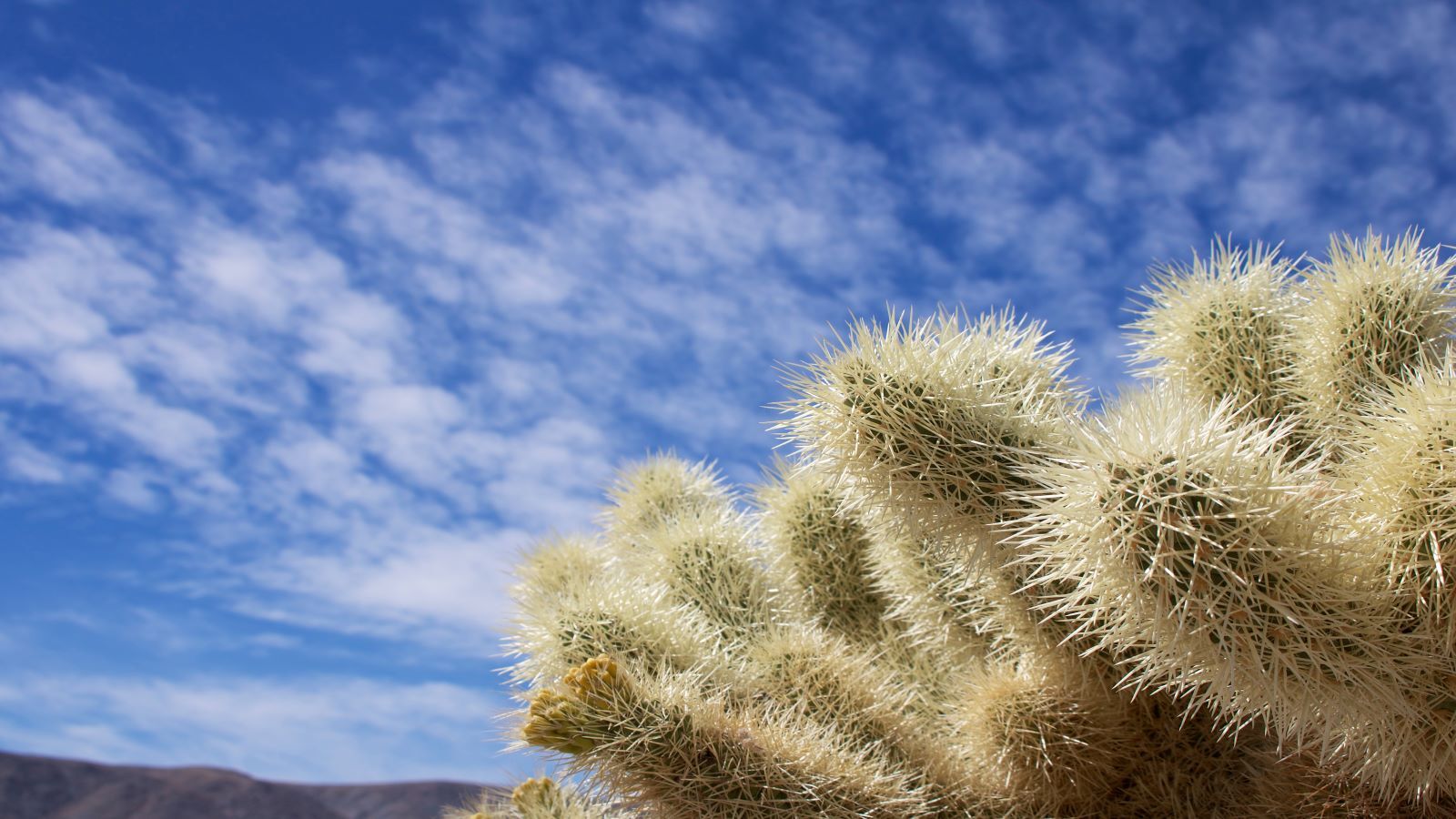As three consecutive years of drought take a severe toll on water levels in the Sacramento-San Joaquin Delta watershed, the State Water Resources Control Board drafted an emergency drought regulation that was released on Tuesday.
The emergency drought regulation would continue curtailments in order to protect water reservoir supplies utilized by millions. Additionally, the regulation will probably take effect earlier than they did last year due to record dry conditions in the Sierras.
"Readopting the emergency measure is critical to protecting water stored in the Delta for human health and the environment, especially as we enter a third consecutive year of extreme drought," Diane Riddle, assistant deputy director with the State Water Resources Control Board, said in a Tuesday press release from the board. "Toward that end, we are continuing to update our method for determining when water is unavailable to ensure an efficient and equitable process for right holders."
In the release, the board said that the emergency regulation will "continue curtailments adopted last year to preserve water storage in reservoirs, protect drinking water supplies, prevent salinity intrusion and minimize impacts to fisheries and the environment." Action is necessary because summer marks the expiration of current regulations that authorize the Division of Water Rights to assign regulations.
Water resources are especially a concern because the first quarter of 2022 was the driest season on record in the Sierras, the release said. Additionally, rain and snowfall in the state amounted to less than half of its yearly average. Without emergency measures, drinking water for 25 million individuals could be affected by drought conditions, and 3 million acres of farmland could be left without an irrigation supply.
Residents can expect this year's restrictions to arrive earlier than those first issued in May 2021. The new curtailments are also likely to impact more senior right holders and claimants because supplies are expected to be limited during June and July, the peak irrigation period.
Besides residents and farmers, 80% of the state's commercial salmon fisheries depend on the watershed, as well as more than 750 animal and plant species that make their habitat there.

